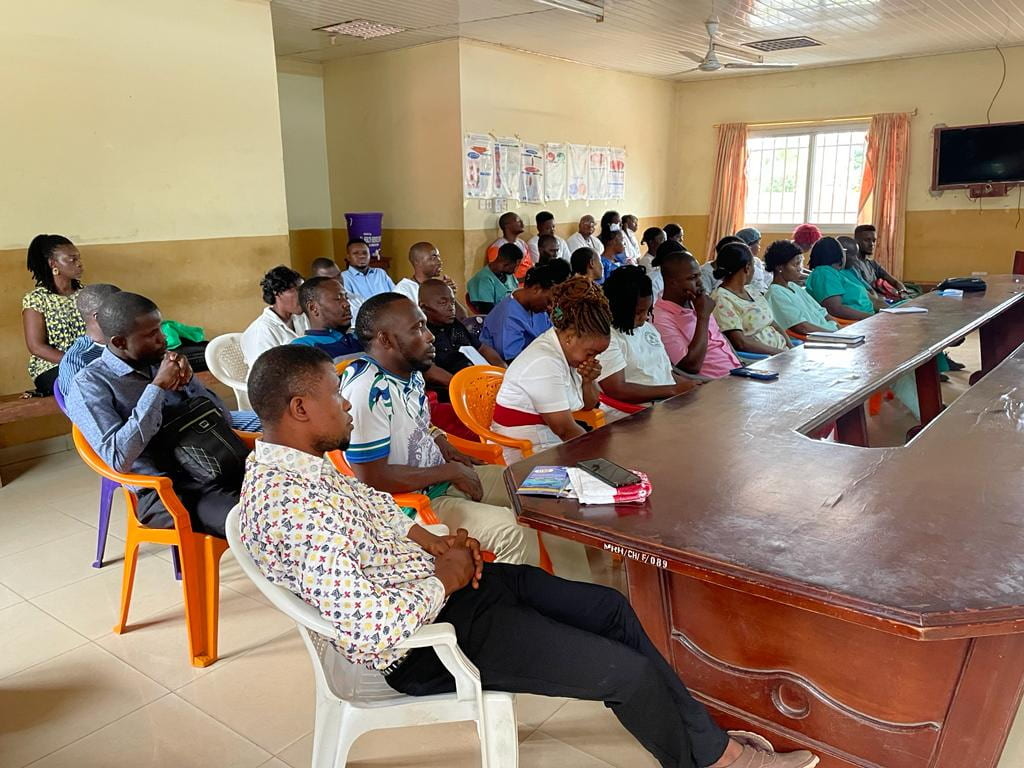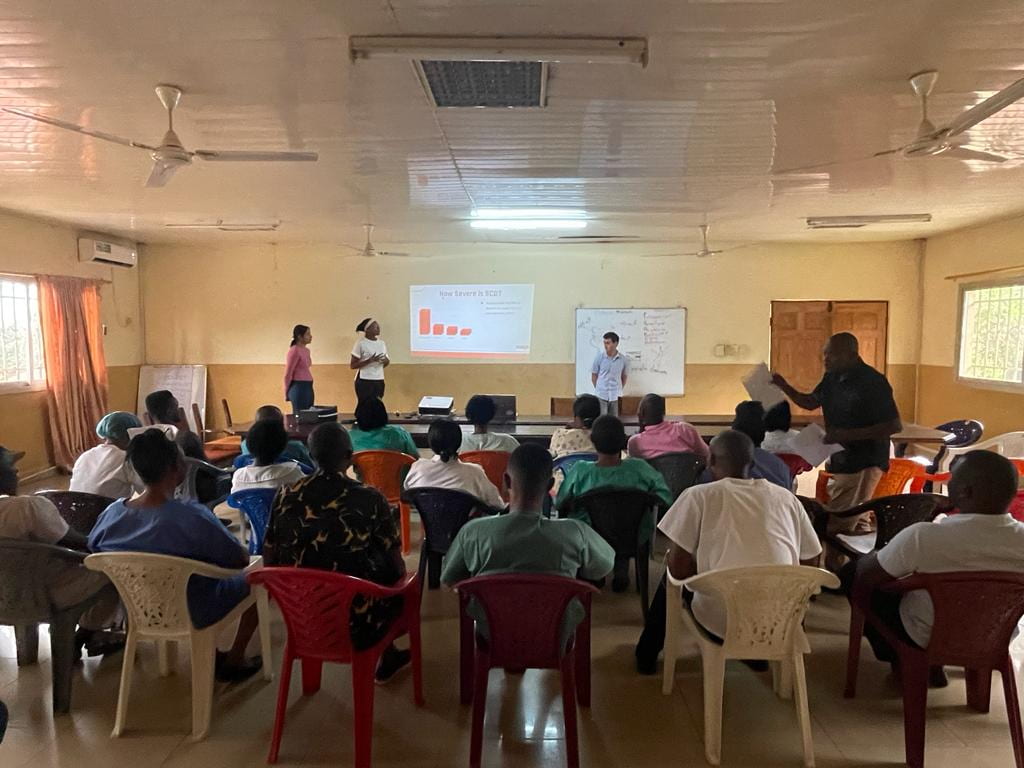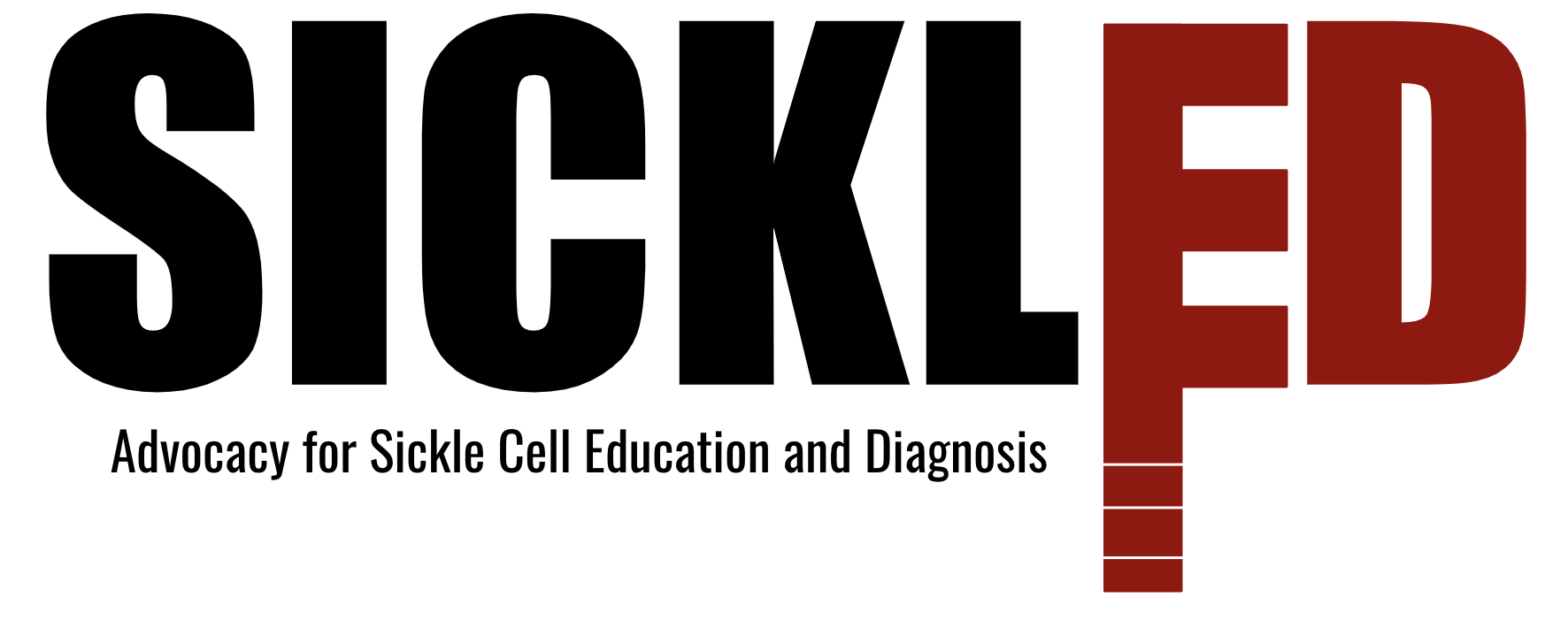Today was our final work day in Makeni. We only had Makeni Regional Government scheduled for the day, so we were able to get some rest after our Freetown trip and begin our day at 10:30. We traveled to the hospital with Prof. Mehta and the AISHA team, since they were also doing a presentation of their own.

When we arrived at the hospital, we were escorted to the top floor where the conference room was. There, we set up our slide show, overcame some technical difficulties with the projector, and began our presentation. There were around 30 doctors and nurses who came to listen, and we were also graced by the company of the Makeni Regional Hospital’s medical superintendent.
Once our slide deck was finished, we opened up the floor to questions. Some doctors were curious about what SCD resources were even in Makeni while some did not understand exactly why we wanted their input. We explained our emerging partnership with SHAFS and why, as researchers, we were not in a position to give medical advice; instead, we want to leverage a relationship with doctors, so that we can transmit the proper information to groups whose main concern is sickle cell disease. We offered to connect any doctor interested in helping with SHAFS, but unfortunately, nobody was too eager. Instead, the room of doctors were more curious about the diagnostic tool itself, so most of the questions were geared towards our rapid test. We were glad that the staff at Makeni Regional found interest in our project, and we are optimistic about a partnership in the future. But, for now, they are too busy focusing on urgent cases and patients in need to help us build an advocacy base in Makeni.

Returning back to World Hope, the team finished as many transcriptions as we could, and made sure that all would be in place for our long journey home. Hearing each interview, spanning an 18-day trip, we could not help but to reflect on all the wonderful people who helped us along the way. Everyone was kind, welcoming, and eager to help their community. Hearing stories of triumph, loss, and everything in between, we were reminded of the importance of making a positive impact in Sierra Leone’s healthcare field and the community it serves. We are excited to analyze our data and to discover the trends hidden within heartfelt testimonies from the people of Sierra Leone because it will allow us to pave a better path toward the future, together.
